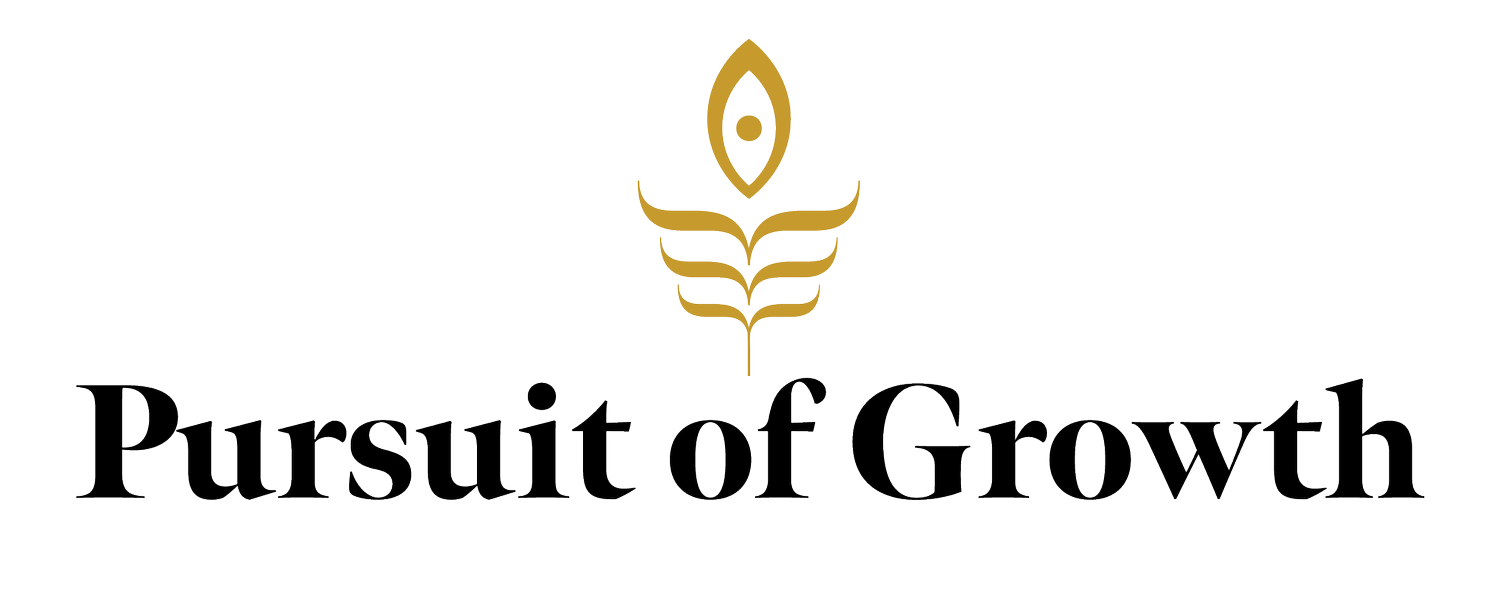Attachment & Inner Transformation
What comes to mind when you think of attachment?
We often talk about it in the context of relationships. Psychologists are trained to understand how we develop our attachment styles and the impact these have on the quality of the relationships we form.
I invite you to expand the concept beyond personal relationships. Let’s also think about our attachment to certain identities, old scripts, memories, material things, coping mechanisms.
These past few weeks I’ve been diving deeper into the process of inner transformation and reflecting about the role attachment plays in our lives.
Inner transformation requires that we shed the old skin, fully letting go of our old ways of being, of moving, of relating. The mind takes time to reprogram itself when undergoing a process of radical change. And it may take us even more time to emerge from the shift and make sense of it all.
When navigating change, it is only natural that we find ourselves wanting to hold on to those things, people, habits, places, and patterns that have been aid or ally to our survival. When we feel we’re losing our footing, we rely on what has filled the void to regain a sense of safety. We attempt to hold on to our old identity, to what feels familiar, even if the familiar has outgrown its purpose in our lives.
However, for transformation to take place, it is necessary to lose our footing, comfort, safety, and any sense of certainty. It is even more necessary to release our attachment to old identities. What no longer serves us has to go. That’s the whole point. We have to surrender to the chaos, embrace the uncertainty, and truly let it all burn.
We can’t resist it, we can’t try to make sense of the losses in the moment, we have to sit in the fire and allow the process to burn away what is not meant for the new season.
The act of allowing may sound passive, but this is a rather active process. To really transform, it is imperative that we take the time to explore our attachments. That we confront ourselves over and over again until we find the clarity that yields a new reality. That we recognize when we no longer need to be the version of us that we were when living in survival mode.
What patterns, habits, roles, wounds, old scripts are running in your mind, far from the grasp of your conscious awareness?
How is the attachment to these impacting the choices that you make?
It is important that we welcome and give proper attention to those parts of ourselves we deem so wrong, that we believe make us less worthy of a beautiful life. We need to feel the pain we’ve been avoiding, because now we know we can feel it without breaking.
Those parts of us we boxed away and put caution tape around need to see the light_ when exiled in a dark corner of the mind, they find dysfunctional ways to beg for our attention, ways that take our life force from us.
When we take radical self-responsibility for our lives, we emerge from these phases of transformation with an immense amount of personal power. There is nothing like the bliss of emerging from the fire, liberated from old perspectives, seeing with fresh eyes the self-imposed limitations that kept us living so bound.
Reflection Prompts:
What are you attached to?
How does it serve you?
How is it helping you expand?
Allow yourself to release all that no longer feels aligned or authentic. Give yourself permission to begin again. Change can be hard, but living a life that’s not yours to live is that much harder.
“If you realize that all things change, there is nothing you will try to hold on to.”
— Lao Tzu
“There is no coming to consciousness without pain. People will do anything, no matter how absurd, in order to avoid facing their own soul. One does not become enlightened by imagining figures of light, but by making the darkness conscious.”
_ Carl G. Jung
“Transmutation is the healing result of being triggered by the exact circumstances that bring up suppressed clusters of past emotions that were never felt fully, or honored for their role in our healing journey.”
_Matt Kahn
